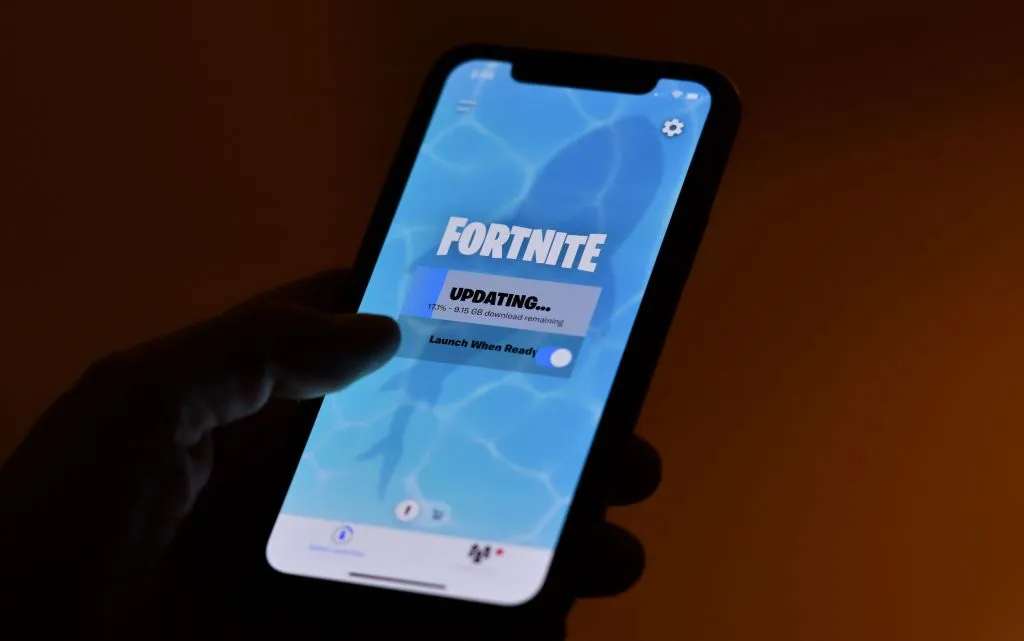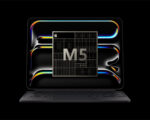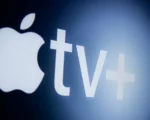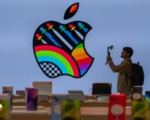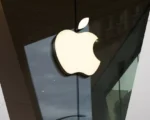After multiple rejections, Apple has finally approved Fortnite maker Epic Games’ third-party app marketplace for launch in the EU. As now permitted by the EU’s Digital Markets Act (DMA), Epic announced earlier this year its plans to bring both the digital storefront and its flagship game, Fortnite, back to iOS in Europe. However, on Friday, Epic Games took to X (formerly Twitter) to express frustration that Apple had rejected its submission twice due to concerns that its Games Store looked too much like Apple’s App Store. Epic then said it would take the matter to European regulators for review.
Later in the day, Apple approved the third-party marketplace app on the condition that Epic Games would make the necessary corrections in a subsequent update.
According to posts on X, Epic Games initially stated that Apple had rejected its submission over details like the position of its “Install” button for games, which Apple claimed was too similar to its own “Get” button. It also mentioned that it was rejected for its “in-app purchase” label being too similar to Apple’s label.
3/3 Apple's rejection is arbitrary, obstructive, and in violation of the DMA, and we've shared our concerns with the European Commission. Barring further roadblocks from Apple, we remain ready to launch in the Epic Games Store and Fortnite on iOS in the EU in the next couple of…
— Epic Games Newsroom (@EpicNewsroom) July 5, 2024
Epic argued that it’s using the same naming conventions standard across popular app stores on other platforms.
The company also called the rejection “arbitrary, obstructive, and in violation of the DMA,” and said it has shared its concerns with the European Commission.
On Friday afternoon, Apple said it had approved the Epic Sweden AB Marketplace app but added the game maker would still need to make the fixes Apple requires. As per Section 2.3 (G) of Apple’s developer agreement, Epic Games had agreed not to make its Games Store appear confusingly similar to the App Store, the iPhone maker said. Apple noted that Epic had generally followed this guideline, except for the design and copy of the download button.
Apple also mentioned that Epic Games’ Fortnite app has already been approved.
Epic’s case represents a high-profile example of how stringent Apple will be with the new rules that permit third-party app stores on iOS for the first time. Excessive rejections could also dissuade other developers interested in testing the waters with their own distribution channels.


